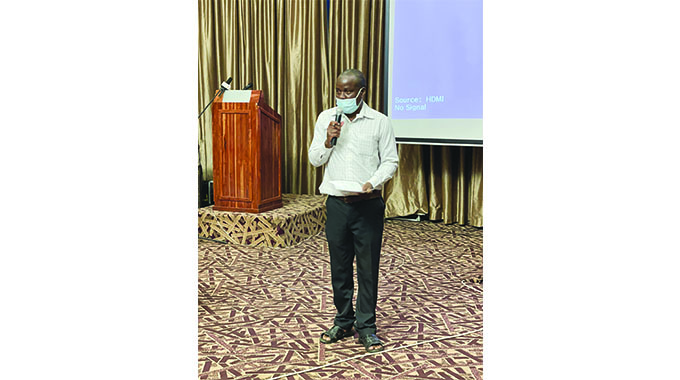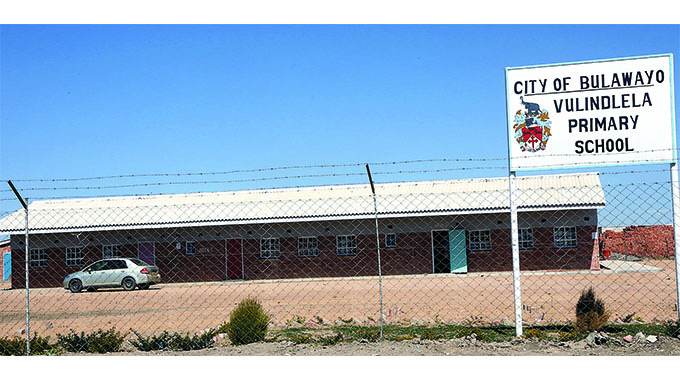People living with HIV should be prioritised in vaccination programme

Thandeka Moyo-Ndlovu, Senior Health Reporter
PEOPLE living with HIV (PLHIV) have a higher risk of developing severe Covid-19 and should be prioritised in the ongoing national mass vaccination programme.
The global pandemic has killed 3 583 Zimbabweans.
The country has a high burden of HIV with an estimated 1, 4 million people living with the virus.
PLHIV are 13 percent more likely to be admitted to hospital with severe or critical Covid-19 after controlling for age, gender and comorbidities – the simultaneous presence of two or more diseases or medical conditions in a patient.
They are more likely to die after admission to hospital with Covid-19, says the World Health Organisation.
PLHIV have a 30 percent increased risk of death independent of age, gender, severity at presentation, and comorbidities, once they contract Covid-19.
Among PLHIV, diabetes, high blood pressure, being male (because men generally have a low health seeking behaviour) or over 75 years old were each associated with an increased risk of death due to Covid-19.
Statistics show that Zimbabwe has a HIV prevalence rate of 10,2 percent while Harare and Matabeleland South have the highest rates both at 17,6 percent. Matabeleland North is in third place with 14,9 percent, followed by Bulawayo at 14 percent and then Masvingo at 13,4 percent.
Speaking during a virtual Zimbabwe Association Church-Related Hospitals (ZACH) virtual media briefing yesterday, the Ministry of Health and Child Care’s deputy director for health promotion Mr Paul Chinakidzwa said PLHIV should not be afraid to get inoculated against Covid-19 as the HIV as the vaccines are safe.
He said they should strive to get vaccinated so that they are not at risk of succumbing to Covid-19.
“Many people living with HIV have one or more comorbidities that may put them at increased risk for more severe Covid-19. Literature suggests that people living with HIV appear to be at increased risk for severe outcomes and death due to Covid-19 hence the need for them to get vaccinated,” said Mr Chinakidzwa.
“People living with HIV should continue to take antiretroviral therapy after vaccination which maintains health and prevents onward HIV transmission.”
Dr Vimbai Mandizvidza, ZACH public health advisor said Covid-19 has disrupted a lot of programmes including access to the lifesaving antiretroviral medication.
She said the lockdowns have been successful in slowing down the spread of Covid-19, but the restrictions in movement have had some effects on people living with HIV (PLHIV).
“With the start of the outbreak, it was important to ensure that PLHIV were as healthy as they could be, taking their antiretroviral (ART) medications and achieving viral load suppression.
“PLHIV who are not taking ART or whose disease is not well managed may be at increased risk for contracting Covid-19 due to having a compromised immune system and may also be at increased risk for serious symptoms and death,” said Dr Mandizvidza.
She said with the lockdowns, there was a risk that PLHIV would experience treatment interruptions and reduced access to other HIV services due to the restrictions in movement and health facilities realigning their services to suit the current environment.
“WHO is reviewing new evidence as it emerges and will provide updates. More importantly, advocacy is needed so that no one person is left behind and that national Covid-19 vaccination programmes do not exclude people from key and vulnerable populations, at risk of HIV, who may have limited access to health services,” said Dr Mandizvidza. — @thamamoe











Comments